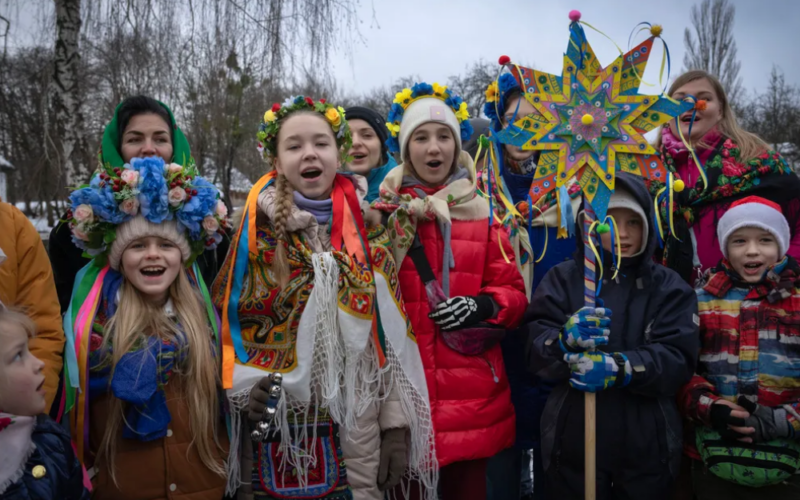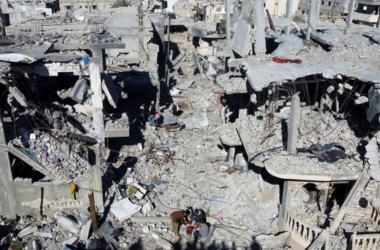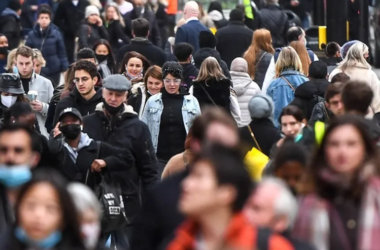In a significant departure from tradition, Ukrainian Orthodox Christians gathered to attend Christmas services on December 25 for the first time, marking a historic shift in the country’s religious calendar. This change, initiated by the Ukrainian government, has moved the celebration from January 7, a date traditionally observed by most Orthodox believers, in what some interpret as a deliberate divergence from Russia.
The decision to alter the date of Christmas celebrations in Ukraine has sparked discussions and reflections on the intersection of religious practices, national identity, and geopolitical considerations. The move signals a broader shift in the country’s attempt to assert its independence and distinguish itself from historical ties with Russia.
Ukraine’s decision to align its Christmas celebration with the globally recognized date of December 25 represents a symbolic departure from the influence of the Russian Orthodox Church. Traditionally, Orthodox Christians in Russia and several other countries follow the Julian calendar, leading to a celebration of Christmas on January 7.
The shift to December 25 aligns Ukraine more closely with the practices of Western Christian traditions and underscores the nation’s efforts to assert its autonomy, both culturally and politically. This move is viewed by some as a tangible expression of Ukraine’s desire to distance itself from historical ties with Russia and establish a distinct national identity.
From a journalistic perspective, coverage of this historic change in Ukraine’s Christmas celebration date should provide insights into the multifaceted aspects of the decision. Exploring the motivations behind the shift, reactions from religious leaders, and the impact on Ukrainian Orthodox Christians can contribute to a nuanced understanding of the cultural and geopolitical implications.
The altered date of Christmas celebrations is seen by many as a deliberate snub to Russia, reflecting the ongoing tensions and geopolitical shifts in the region. It adds a religious dimension to the broader narrative of Ukraine’s quest for independence and its efforts to redefine its cultural and political identity.
The decision has not been without controversy, with some expressing concerns about the potential division among Ukrainian Orthodox believers. While the government’s move is aimed at asserting independence, it also raises questions about the unity of the Orthodox community and the potential for internal divisions based on religious affiliations.
As Ukrainian Orthodox Christians partake in Christmas services on December 25 for the first time, it is essential to capture the diversity of perspectives within the community. Interviews with religious leaders, scholars, and community members can provide a well-rounded portrayal of the sentiments surrounding this historic change.
In conclusion, the shift in the date of Christmas celebrations for Ukrainian Orthodox Christians to December 25 marks a pivotal moment in the nation’s cultural and religious landscape. The decision reflects broader aspirations for independence and a redefinition of national identity, with implications that extend beyond religious practices. As Ukraine navigates this historic change, the global community watches closely, recognizing the significance of these developments in the context of the country’s ongoing quest for autonomy and distinctiveness.








